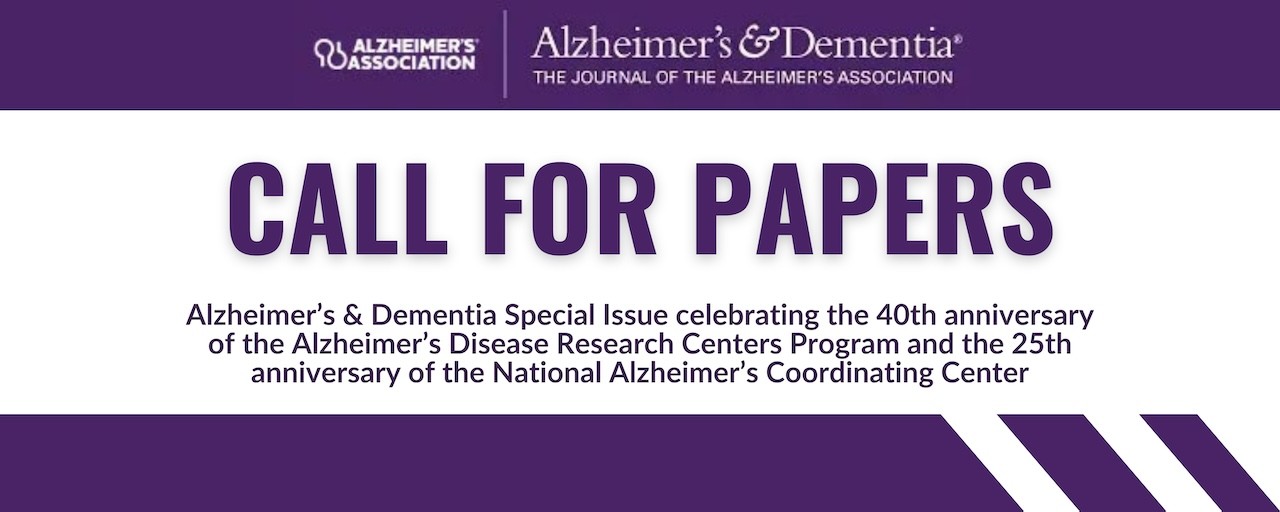Data Front Door
SCAN PET and MRI data are now available to the scientific community.
This unprecedented dataset contains summary and analysis variables extracted from standardized amyloid PET scans, tau PET scans, and MRI scans connected to comprehensive clinical and cognitive data from NACC’s Uniform Data Set (UDS) and other data modalities available at NACC.
Please submit a data request to receive data available at NACC including: UDS longitudinal clinical data, Imaging data such as SCAN MRI and PET images and numerical summary data, neuropathology data, etc. Learn more about the data available at NACC.
FOR THOSE REQUESTING MIXED PROTOCOL (NON SCAN-COMPLIANT) MRI AND PET DATA:
NACC is in process of migrating our mixed-protocol MR and PET images to a new data platform. At this time, 60% of Mixed Protocol MRIs and 0% of Mixed Protocol PETs are available to researchers to download.
Please note that this notice does NOT apply to SCAN MRI and PET images, which are available via this data request process.
If you do not need all mixed protocol MRI/PET scans for your study, or if you would like to receive other data (e.g., UDS, SCAN numerical data and images, etc.) before all scans are available, please submit a data request using the link above. If you would like to be notified when all mixed protocol MRI/PET scans are available, please submit your email address here


